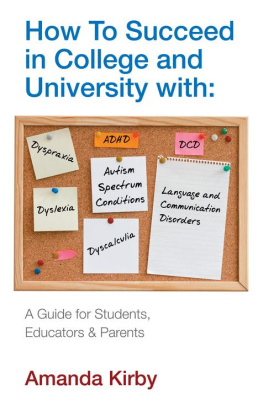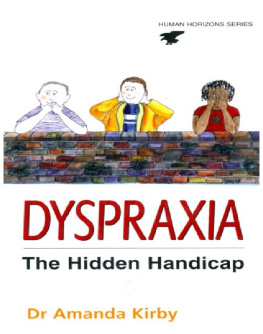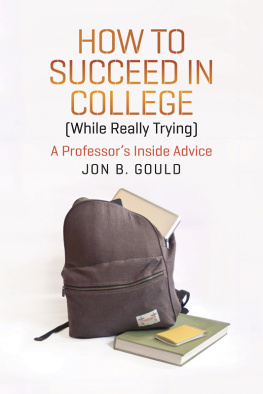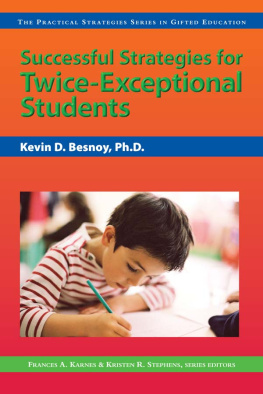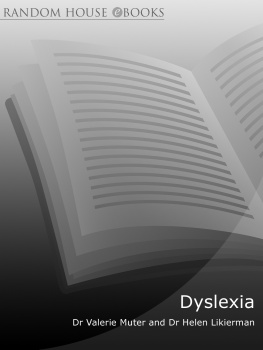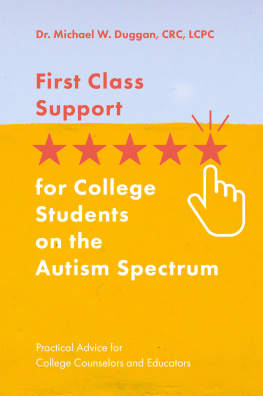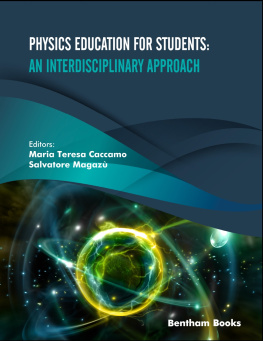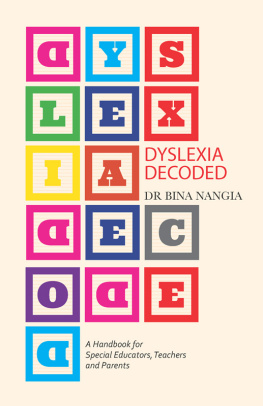Moving from school to a new learning environment, whether university or college, can feel like a steep learning curve for most students, but for some, adapting to university or college life can seem much more of a challenge.
College life can seem a big jump from the school you may have attended for the last five years, and may require a new set of skills and certainly will provide many new experiences. As a student you may have walked to a local school and now need to use public transport for example. You will meet many new students of all ages, and may have left behind old friends and acquaintances. You will be starting a new course, perhaps in a completely new area of knowledge and have little understanding of what is expected in terms of outcomes for yourself or by others.
College and university approaches to teaching may be very different from the classroom based approaches you are used to with 25-30 students in a class and being in a familiar setting. Teaching may now be carried out in much larger groups or lecture style, or alternatively you may be expected to do more work alone or working in small groups. These new ways of working may mean you have to be able to quickly adapt to the other students ways of working and to meet their as well as your expectations. No longer will a teacher chase you if you dont meet a deadline as you will be expected to remember where you need to be and what you need to do.
University life may also mean moving from the family home to a hall of residence, or alternatively living with fellow students in a flat. This will result in a social setting with potentially completely new sets of rules. It often means needing instantly to have the skills to shop and cook for meals for yourself and/or with others (not surviving on the local chip shop alone!). You will need to be prepared to make choices over your spending and budget. You now have the opportunity to decide what and where to be at any time and do this all without parental guidance or supervision (unless you remain at home, where there may still be some limits to the way you behave).
For most students this is an exciting time, but for some it may provoke anxiety, feeling uncertain whether they can cope with all the changes that could happen. Some may feel they have not had enough life experiences before going to university or college to be ready to make every decision and feel they still need someone around to be able to consider the rights and wrongs. In some cases living at home and having parental support can mean that university or college can be experienced successfully and there remains a safety net (i.e. support from others e.g. parents).
As a student, there is an expectation from the college or university that you are ready (pretty much) to be able to organise most aspects of your life, including course work, home and social life. Unsurprisingly, having to juggle all of these different things may leave some students uncertain whether they can keep all the plates spinning i.e. manage multiple tasks and cope with all of them.
Some students with Specific Learning Difficulties because of challenges going through school may have had less experience socialising and mixing with a variety of people. This may be for a number of reasons such as it was harder for you to make and keep friends, you have had poor experiences with your peers such as being bullied; or maybe because you prefer not being with larger groups your own age, and prefer older peoples company such as your parents or guardians friends.
However, if you can identify early what the challenges are likely to be for you and try out some of the strategies, then you have a much greater chance of success both socially and educationally. It is so much better to be prepared and ready to go, than wait till problems start arising and you are having to deal with these, along with other demands, which can then cause you even potentially greater stress.
This book is therefore designed to help overcome these challenges by providing a wide range of helpful information, easy to use advice and sign posting to a wide range of resources that aim to prepare you for all aspects of university and college life.
You can approach reading this book in a number of ways:
- You can just look up a website or link to a useful app. There are hundreds of links to well tested ideas and tools to help you.
- You can read through a specific chapter on a topic area.
- You can read it from start to finish in chronological order.
It is intended to be a quick and easy to use, practical guide.
It has been written mainly to address issues specific to college and university but does also include information on coping with day to day living and managing a new and potentially changing social life.
Who is this book for?
This book is aimed at students with Specific Learning Difficulties and their parents/guardians.
Additionally, student support services and schools preparing students for the next steps may also find it helpful.
The book has been written with a particular focus on those individuals who may have any one (or more) of the following diagnoses or for those who think they may one of these conditions.
Some students may also have similar challenges but without a formal label.
- Autism Spectrum Disorder (ASD) (also including Aspergers Syndrome)
- Attention Deficit Hyperactivity Disorder (ADHD) (also including ADD)
- Dyscalculia
- Dyslexia
- Dyspraxia (also known as Developmental Co-ordination Disorder/DCD)
- Specific Language Impairments
The way the guidance is given throughout the book and the tips and hints have been written with particular reference to you as a student, who has one or more Specific Learning Difficulty to a lesser or greater degree. It aims to highlight where challenges may lie, and then to provide tips and hints to help you to succeed based on other students experiences and from research evidence.
The style of the content of the book also considers some of these challenges that you may have in particular if you are the reader. For example, some people with Autism Spectrum Disorder may find they sometimes take things literally, and so explanations may be given for phrases used to assist with understanding and make it clear what is meant.
Some of you may have Dyslexia type difficulties and so may find reading texts harder to do, and this is one of the reasons for providing this book as an electronic book so it can be listened to as an alternative option.
NB. All the ideas in this book are also useful for any student starting out at college or university, but have been particularly considered for students with the above range of Specific Learning Difficulties.
This chapter outlines what Specific Learning Difficulties (SpLD) are and the challenges in college and university that may present to you and to others. This information may also be helpful for you to use to discuss with fellow students, lecturers and student services if they are unfamiliar with the pattern and type of Specific Learning Difficulty you may have and how it impacts on your life.
Whats in a label?
Different terms have been used to describe the overall umbrella of different challenges.
Terms such as:
- Specific Learning Difficulties
- Hidden impairments
- Developmental disorders
- Learning disabilities
- Learning difficulties
- Neurodiversity
- Neurodevelopmental disorders
Different professionals use these terms in different ways, often causing some confusion. For example, in America, Learning Disabilities is often used as a term to mean reading difficulties, whereas in the UK it usually refers to individuals with intellectual disabilities i.e. of lower intellectual ability. Some people dont like the terms disorder, impairment or disability and prefer the term condition. Other people prefer to describe to others their challenges (and their strengths) and avoid labelling themselves. Some students prefer to see themselves as neurodiverse and not disabled at all, but just different to others and the world potentially disabling them. This is more a social model rather than a medical model where the health or educational professional provides you with a label or diagnosis.

